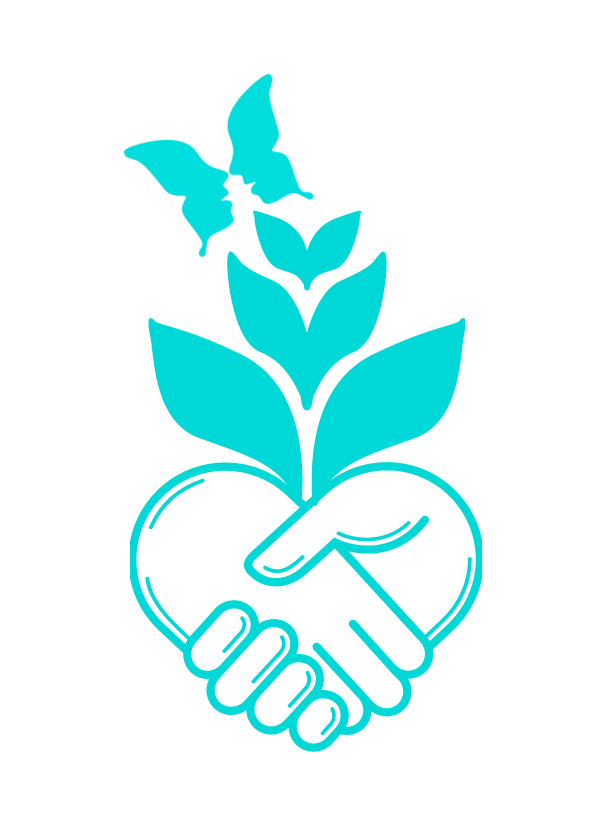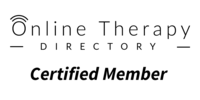Aftermath of a Storm - Tips for Self-care After a Stressful Experience
/Like many of you, I was without power and water for a good chunk of this past week. And let me tell you, therapists are not immune to the effects of trauma. I have felt the effects of the stress of this past week and I’m sure you have too. Maybe it comes up in body aches or brain fog. If you have an autoimmune disease, you may notice an uptick in symptoms. Maybe you’re like I was on Thursday, and find yourself irritable and generally unpleasant company. We’ve all been to that place at one point or another. With that in mind, it seems like a great time to write about self-care, especially self-care in the aftermath of a storm. This storm was literal, but these techniques can help you weather a variety of life’s storms and guide you to safe harbor.
With all that has been going on, you may have noticed yourself showing compassion to a friend or neighbor who was suffering this past week. Maybe they had a burst pipe or no heat or ran out of an essential household item. Most of us would be kind to someone who is suffering. We might have a word of encouragement or a hug or a prayer. Chances are you didn’t tell your neighbor she’s an idiot for not stocking up on paper plates. But what happens when you are the one who is suffering? Stop for a minute right here and think about the voice in your head this past week. What was it saying to you?
Self-compassion is essentially the practice of being a good friend to ourselves. I learned about self-compassion several years ago when I had a pipe burst in my house. I had just bought a home, and two weeks after moving in, a pipe burst in the floor and flooded the house while I was at work. I was devastated. And the worst part was, instead of being kind to myself I was telling myself I was stupid to buy the house and I should have stayed in the apartment and on and on. Needless to say, I was feeling worse and worse about the whole situation. Until someone helped me turn this around. Self-compassion is a way to be there for yourself when everything seems to be going wrong.
According to Dr Kristin Neff, a renown researcher in the field, self-compassion has 3 components.
Mindfulness - noticing the present without judgment
Common Humanity - noticing that you are not alone in the struggle you are experiencing
Self-kindness - treating yourself as you would a good friend
So when the power is out and you’re shivering and kicking yourself for not stocking up on firewood. The first step is to notice the present moment without judgment. Notice that you are cold, and sad and maybe mad. Notice that you are suffering in this moment but don’t make it wrong to suffer. Suffering is a part of the human experience. Which brings us to common humanity. We all experience suffering. Millions of Texans were without power this past week. You were not alone. I was not alone. Joining our hearts to common humanity doesn’t take away the suffering, but it does help us feel less isolated. Feeling connected to others has a powerful protective effect on our bodies, releasing oxytocin which counteracts the damaging effects of adrenaline and other stress hormones that doctors warn us are bad for our cardiovascular system. In short, connection could extend your life. Now that you are feeling connected, think of what you would say to someone else who was suffering in a similar way. Maybe it’s something like “I’m so sorry you are going through this” or “This is hard, but take a breath and remember I believe in you.” Find the words that feel authentic to you. Then notice what happens in your body as you speak kindness to yourself. Do you feel your heart begin to slow back to normal? Do you notice that your racing mind is beginning to calm?
That’s a quick summary of self-compassion. Another great way to give yourself a little self-care is to take time to center yourself. When life hits us hard it can often cause us to feel mentally off balance. We can use our bodies to guide our minds back to a balanced place. This is best done standing but can be done sitting if necessary. (I am in a wheelchair and I use this one often, so I know it works even if you are sitting). To center yourself, first imagine a point at the center of your body. This will be slightly above and behind your belly button. With your feet about shoulder width apart, image pulling all of your energy into that center point of your body. Take a deep belly breath and pull that energy to your center. Relax your shoulders and hips and take another deep belly breath pulling drawing your energy to the center of your body. Did you notice the shift? Can you feel your body and mind becoming balanced? Are you feeling more calm and confident? This technique is great for anxiety, but also works if you have someone in your life that I call a “button pusher”. It is also great to use when you need to make a quick decision and you’re having trouble deciding. Becoming centered helps us get in touch with our intuition and can help us make a decision without the tugs of external influences.
The last one is simple but not necessarily easy. Give yourself permission. Give yourself permission to sleep a little later this weekend or eat that piece of chocolate or not call back the person that always needs to complain when you just need some peace and quiet. You don’t have to say yes to everything and everyone and say no to yourself all the time. So with all the stressors of the week, give yourself permission to say no to something and refuse to feel guilty about it and say yes to yourself and refuse to feel guilty about it. Give yourself permission to do some self-care, to take a break, to refresh and recharge.
The past week has been really stressful on top of an already stressful past 12 months. If you are needing someone to help you through this stressful time, please give me a call. 832-534-3624




